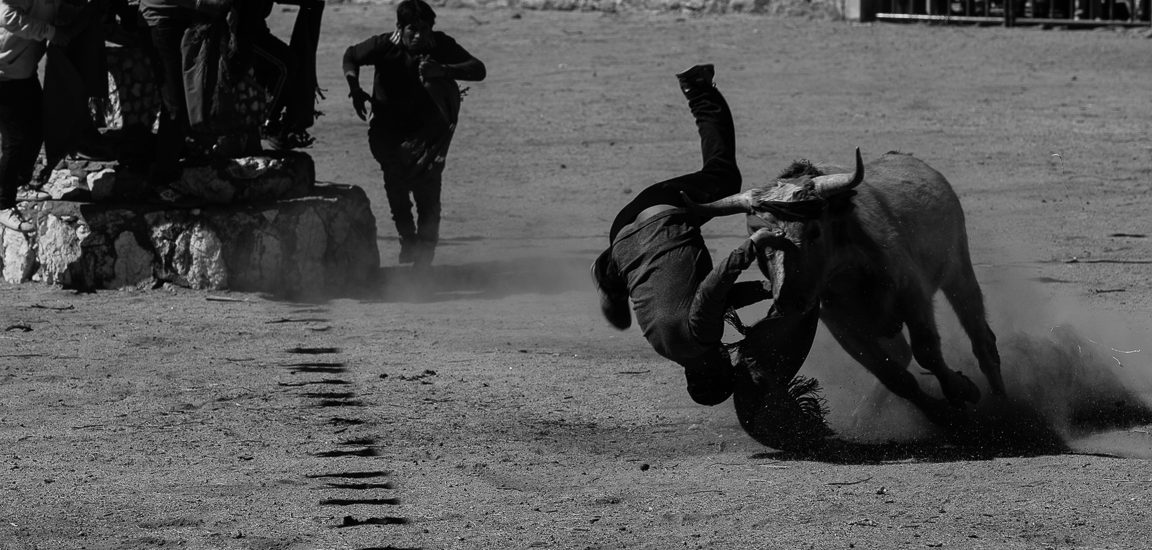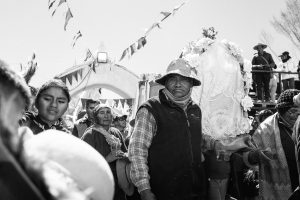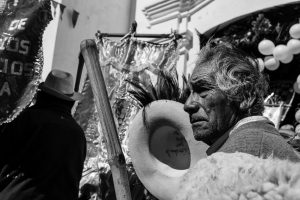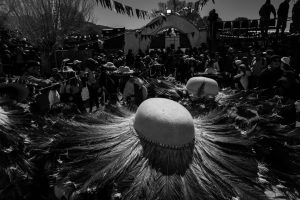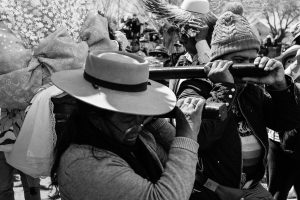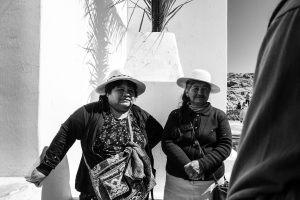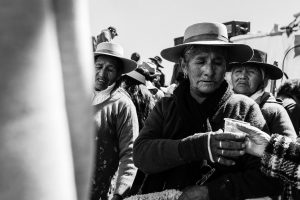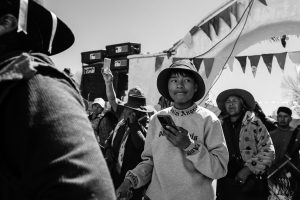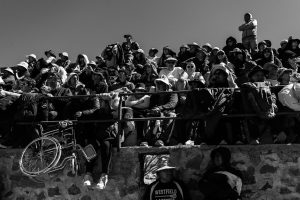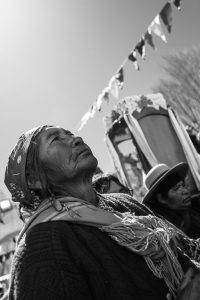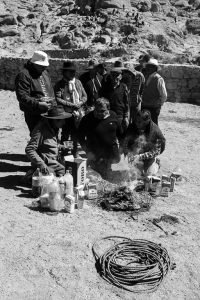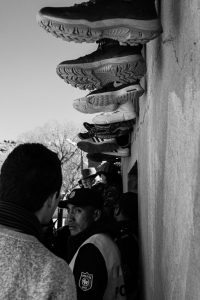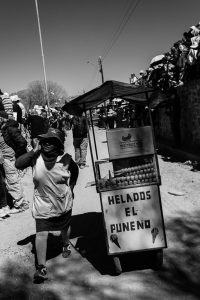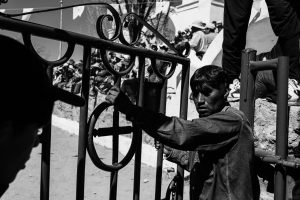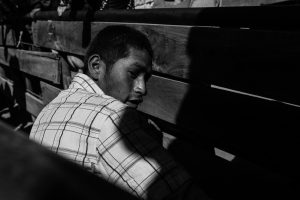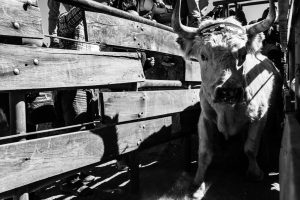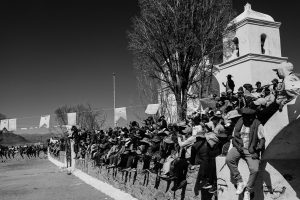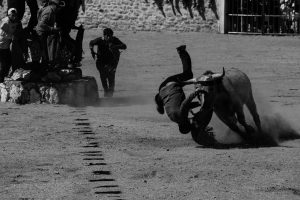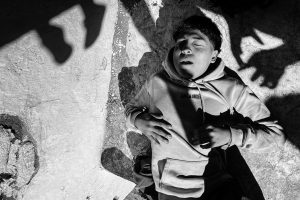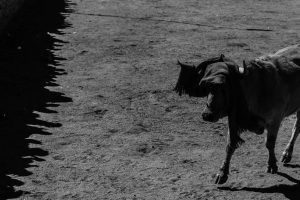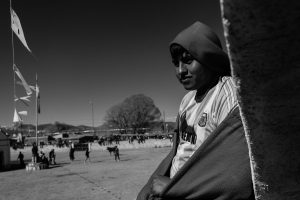“Here the land is hard and barren, the sky is closer than anywhere else and it is blue and empty. It does not rain, but when the sky roars its voice is terrifying, implacable, angry. On this land, where it is painful breathe, people depend on many gods.” This is how “Fuego en Casabindo” begins, the first novel by Héctor Tizón, a classic of Argentine literature.
In a remote corner of the Puna, the survivors remember, as if in dreams, a distant battle. They look for traces of lost illusions in the past. They weave songs, images and scenes to rescue in these fragments the meaning of life and thus recover hope.
Competing powers, banishments, fights, elusive loves, deaths, encounters and disagreements: with the passage of time, events seem to change place and meaning. Memory then returns to what is essential: men and women far from any form of heroism who struggle in the shadows in search of a truth that perhaps does not exist.
These are photographs that I saw on August 15 that took me, at times, to other times. In Casabindo, a small corner of the Puna of Jujuy, the ancestral Bullfight of the Vincha is revived every year, a celebration that mixes faith and skill in honor of the Virgin of the Assumption. Under the blue sky, the bullfighters, wrapped in bravery, challenge the bull not to defeat it, but to snatch its headband with respect and courage. In that moment, time seems to stop, and the ancient, the ritual, comes to life in the immensity of the Puna.
